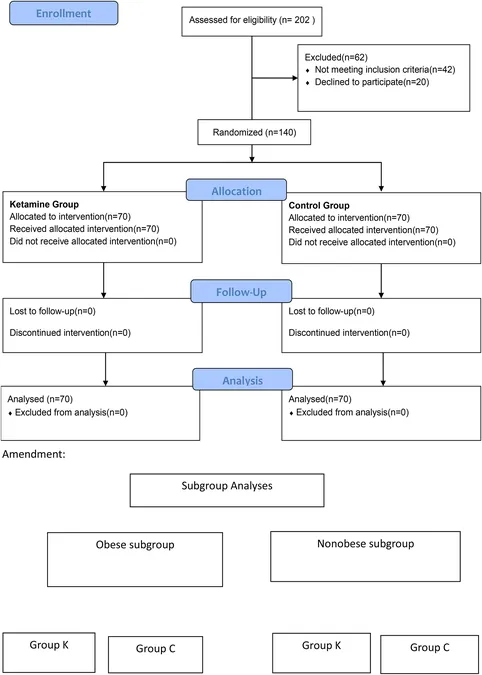
Galápagos Wild Tomatoes Are Going Back in Time – Here's Why!
2025-06-27
Author: Rajesh
A Surprising Evolutionary Twist
While evolution is often seen as a journey towards more intricate and advanced traits, a fascinating twist is unfolding on the youngest islands of the Galápagos archipelago. Here, wild tomato plants are reverting to ancient methods of survival, producing toxins that harken back to their ancestral roots from millions of years ago.
The Power of Alkaloids
Tomatoes fall under the nightshade family, alongside potatoes and eggplants. Many members of this family, including potatoes, create alkaloids—bitter toxins that serve as a defense mechanism against predators. Recent research has turned its spotlight on these alkaloids, particularly due to their potentially harmful effects on humans.
Reverting to Ancestral Traits
An international team of researchers examining the alkaloid production in Galápagos tomatoes uncovered a stunning realization. On the older eastern islands, tomatoes produce alkaloids akin to modern cultivated varieties. In sharp contrast, those on the younger western islands are synthesizing a distinct type of alkaloid, strikingly similar to what their ancestors would have produced.
Decoding the Chemical Mystery
Delving deeper into the composition of these unique alkaloids, the researchers hypothesized that a single enzyme change might be responsible for this ancestral throwback. By synthesizing the gene for this enzyme and introducing it into tobacco plants, they observed that these plants swiftly developed the ancestral alkaloids.
An Adaptation to Harsh Conditions?
This surprising revival of ancestral alkaloids may be a strategic adaptation to the more extreme conditions of the younger islands. Dr. Adam Jozwiak, the lead author of the study, suggests that the plants could be responding to an environment that mirrors the challenges faced by their forebears. However, he emphasizes the need for further research to validate these claims.
Evolution: Not Always Forward
Though this phenomenon might appear as if evolution is taking a step backwards, it actually exemplifies the remarkable flexibility inherent in evolutionary processes. In response to new, challenging habitats, these tomatoes have unlocked a pathway to survival that echoes traits from millions of years ago. This rare instance of an organism re-evolving ancestral characteristics challenges the widely held belief that evolution must always trend towards complexity and novelty.
A Lesson from the Past
Sometimes, revisiting the 'good old ways' could be the key to thriving in a new world. Keep an eye on these remarkable plants as science peels back the layers of evolution in the beautiful but harsh Galápagos archipelago.



 Brasil (PT)
Brasil (PT)
 Canada (EN)
Canada (EN)
 Chile (ES)
Chile (ES)
 Česko (CS)
Česko (CS)
 대한민국 (KO)
대한민국 (KO)
 España (ES)
España (ES)
 France (FR)
France (FR)
 Hong Kong (EN)
Hong Kong (EN)
 Italia (IT)
Italia (IT)
 日本 (JA)
日本 (JA)
 Magyarország (HU)
Magyarország (HU)
 Norge (NO)
Norge (NO)
 Polska (PL)
Polska (PL)
 Schweiz (DE)
Schweiz (DE)
 Singapore (EN)
Singapore (EN)
 Sverige (SV)
Sverige (SV)
 Suomi (FI)
Suomi (FI)
 Türkiye (TR)
Türkiye (TR)
 الإمارات العربية المتحدة (AR)
الإمارات العربية المتحدة (AR)